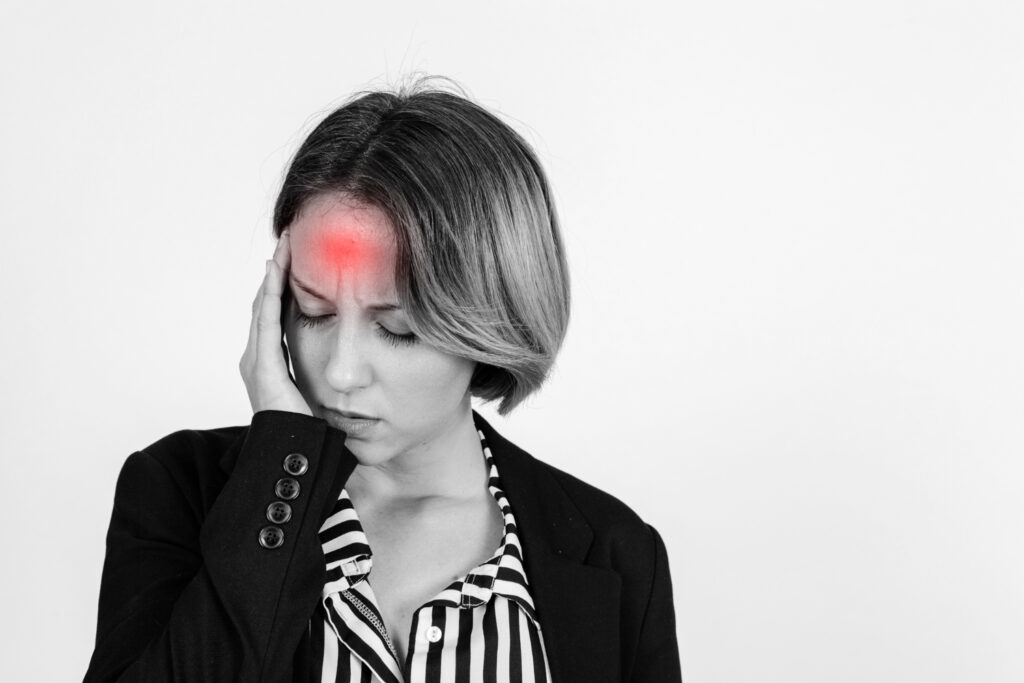While Cushing’s syndrome is a medical illness that usually necessitates professional medical assistance, there are certain self-care methods that people with Cushing’s syndrome can use to control symptoms and improve their general well-being. It is critical to remember that self-care should be addressed and authorized by a healthcare practitioner.
Here are some cushing’s syndrome self-care recommendations:
Follow Medical Recommendations: Stick to the treatment regimen recommended by your doctor. Medication, lifestyle modifications, and surgical procedures may all be considered.
Monitor Your Blood Pressure: If your healthcare practitioner recommends it, regularly monitor your blood pressure at home. Cushing’s syndrome is characterized by high blood pressure.
Manage Blood Sugar Levels: If you have diabetes or insulin resistance as a result of Cushing’s syndrome, work with your healthcare team to control your blood sugar levels with diet, exercise, and medication as directed.
Maintain a Balanced Diet: Maintain a healthy and balanced diet. Include a variety of nutrient-dense foods in your diet, such as fruits and vegetables, whole grains, and lean meats. If necessary, seek the advice of a licensed nutritionist.
Exercise on a regular basis: As directed by your healthcare professional, engage in frequent, moderate exercise. Exercise can aid with weight loss, muscle strength, and general health.
Stress Management: Use stress-reduction strategies such as meditation, deep breathing exercises, or yoga. Chronic stress can aggravate Cushing’s disease symptoms.
Get Adequate Sleep: Make excellent sleep hygiene a priority and strive for a consistent sleep routine. Sleep is essential for general health and well-being.
Hydration: Drink a suitable amount of water each day to stay hydrated. Hydration is important for many body processes.
Skin Care: Take care of your skin, since people with Cushing’s syndrome may have thinning, bruising, or stretch marks. Use moderate skincare products and limit your skin’s exposure to the sun.
Regular medical check-ups: See your healthcare practitioner on a regular basis to monitor your condition, change therapy as required, and address any concerns.
Individuals suffering from Cushing’s syndrome should have open and constant contact with their healthcare team. Self-care strategies should be reviewed and included in the entire therapy plan. Any major changes in symptoms or well-being should be notified to healthcare practitioners as soon as possible so that the management strategy may be evaluated and adjusted.
What exactly is cushing’s syndrome?
Cushing’s syndrome is a medical disorder caused by chronically excessive amounts of cortisol, a hormone produced by the adrenal glands. Cortisol is essential for controlling several bodily activities, including metabolism, immunological response, and blood pressure. When the body is exposed to high levels of cortisol for an extended period of time, it can cause a variety of symptoms and health problems.
Cushing’s syndrome is distinguished by the following characteristics:
Cortisol Overproduction: Cushing’s syndrome can be caused by the body manufacturing too much cortisol. Excess cortisol can be produced by the adrenal glands (primary Cushing’s disease) or by external sources such as long-term corticosteroid usage (exogenous or iatrogenic Cushing’s syndrome).
Adrenal Tumors: Adrenal tumors are a common cause of primary Cushing’s syndrome. These tumors can be benign (non-cancerous) or malignant (cancerous) in rare situations.
Pituitary Gland Abnormalities: Another common reason is pituitary gland tumor overproduction of adrenocorticotropic hormone (ACTH). ACTH activates the adrenal glands, causing them to release cortisol.
Symptoms: Cushing’s syndrome symptoms can vary and may include:
- Weight gain, particularly in the abdomen and face (central obesity).
- Thin, fragile skin that bruises easily.
- Purple stretch marks on the abdomen, thighs, and breasts.
- Muscle weakness and wasting.
- Elevated blood pressure.
- Irregular menstrual cycles in women.
- Mood changes, such as irritability and depression.
- Increased thirst and urination.
- Osteoporosis.

Cushing’s Syndrome Treatment
Cushing’s syndrome therapy is determined by the underlying cause and may include a mix of medicinal, surgical, and other procedures. Here are five typical techniques for Cushing’s syndrome treatment:
Tumor Removal Surgery: If Cushing’s syndrome is caused by an adrenal tumor, tumor removal surgery is a typical therapy. This is frequently accomplished by laparoscopic or open surgery. Surgical excision or therapy of a pituitary tumor (Cushing’s disease) may also be explored.
Pituitary radiation: Pituitary radiation may be explored when surgical excision of a pituitary tumor is not possible or is ineffective. Targeted radiation is used to reduce or control the tumor.
Medication to Lower Cortisol Levels: Individuals with Cushing’s syndrome may be administered medication to lower cortisol levels. Ketoconazole, metyrapone, and pasireotide are examples of such medications. These drugs function by either suppressing or preventing cortisol synthesis.
Adrenalectomy: A bilateral adrenalectomy may be considered if both adrenal glands are contributing to excessive cortisol production. This entails surgically removing both adrenal glands. Individuals will require lifetime hormone replacement treatment to compensate for the loss of adrenal function following this operation.
Corticosteroid Medication Management: If Cushing’s syndrome is caused by long-term corticosteroid medication usage, therapy may include gradually decreasing and eliminating these medications under medical supervision. Alternative drugs or therapies for the underlying problem that corticosteroids are being used to treat may be investigated.

